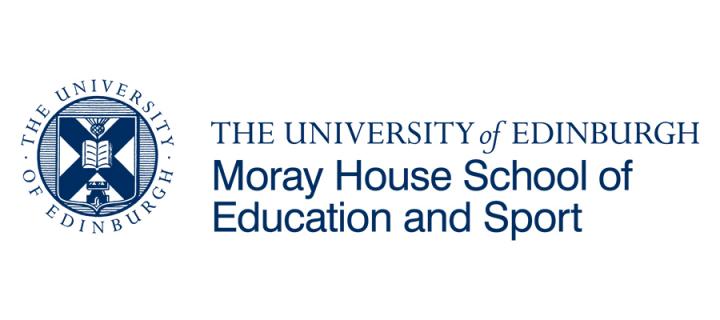Language Planning in Scotland: institutional plans, civil society and government engagement
The Gaelic Language Act (2005) and the British Sign Language Act (2015) are both examples of enabling legislation mandating some public bodies to make plans for Scottish minority languages. To what extent has this planning process been successful? Are there other ways which users of these minority languages have found to expand the use of Gaelic and BSL used in Scotland and increase the number of fluent users, particularly in educational contexts? We discuss successes, flaws in the process and ways forward for maintaining and expanding the use of these two languages. A non-departmental public body, Bòrd na Gàidhlig, has principal responsibility for implementation and oversight of the Gaelic Act, but it has struggled in several respects. In the case of BSL, implementation has been left largely to civil society and charities. There is only one deaf-led organisation involved and the legacy of paternalistic charities limits the scope of language revitalisation.
A BSL/English interpreter will be available during this event.
Speakers
Professor Wilson McLeod, Professor of Gaelic, University of Edinburgh
Dr Rob Wilks, Senior lecturer, University of South Wales
Rachel O'Neill, Senior lecturer, University of Edinburgh
How to Join
Meeting ID: 827 3729 3408
Passcode: 507Ai4e7

Language Planning in Scotland: institutional plans, civil society and government engagement
Online/Zoom

